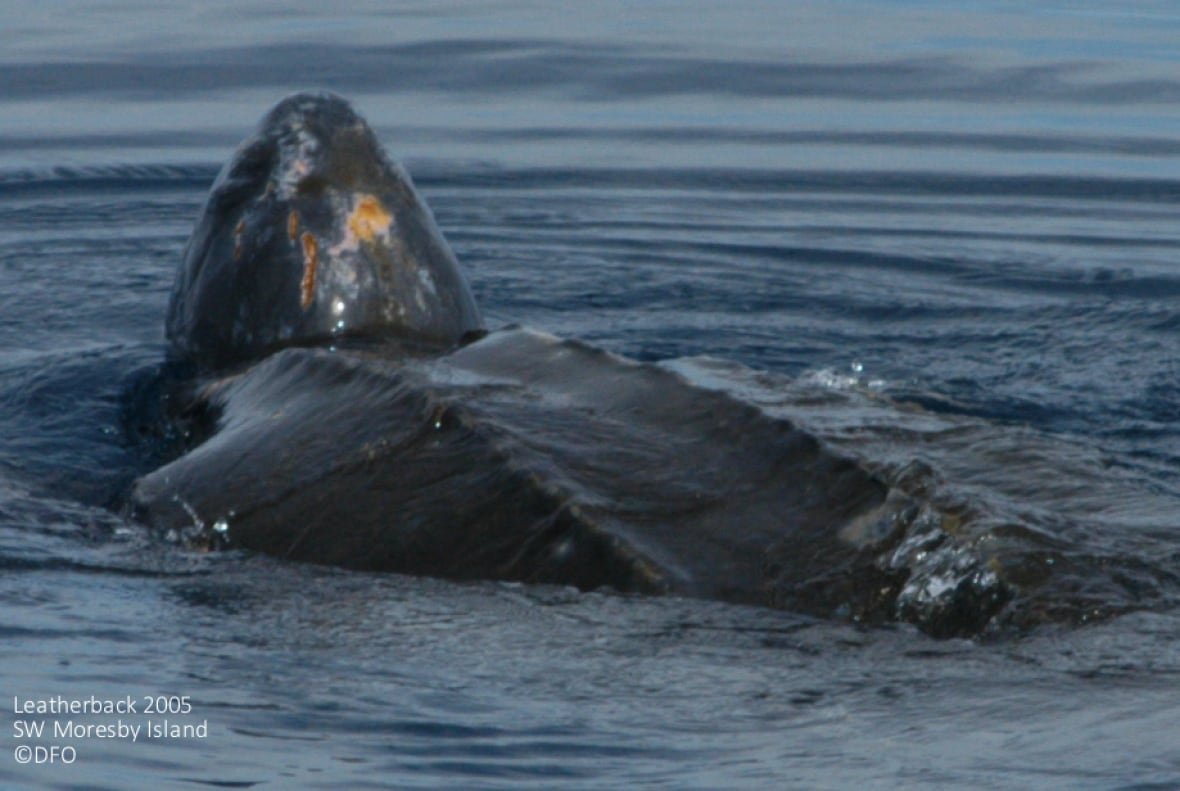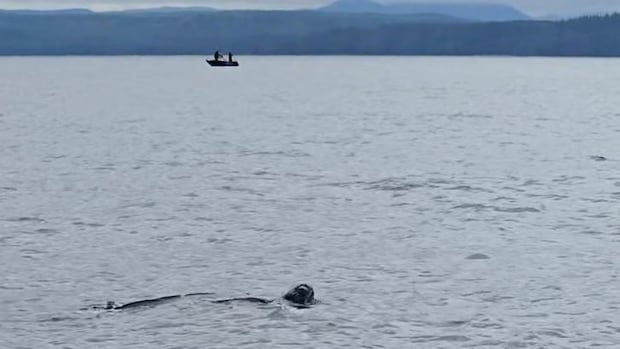Rare Leatherback Sea Turtle Sighting Near Haida Gwaii Ignites Conservation Optimism
Along the rugged northwest coastline of British Columbia, close to the isolated Haida Gwaii archipelago, marine biologists and conservationists have been energized by a rare leatherback sea turtle sighting.This event holds notable weight as leatherbacks are critically endangered within Canadian waters, making each observation crucial for their survival.
Tracking Scarce Sea Turtle Sightings in British columbia
As records began in 1931, only 149 confirmed sea turtle sightings have been documented along British Columbia’s extensive shoreline. These elusive reptiles are infrequently encountered due to their low population numbers and expansive migratory routes that span thousands of kilometers. The latest encounter enriches this limited dataset and underscores the necessity for continued surveillance of these vulnerable species.
An Unexpected Meeting on the Pacific Ocean
Victoria Bradshaw, a nurse employed at a fishing lodge near Langara Island in Haida gwaii, experienced an unusual moment while out fishing. On July 14th,she noticed an unfamiliar silhouette breaking through the ocean’s surface. Initially mistaking it for a common sea lion-frequently seen in local waters-her companion soon identified it as something far more exceptional: a leatherback sea turtle.
“We immediately stopped what we were doing,” Bradshaw recounted. “I grabbed my phone quickly as this massive creature stayed close by for several minutes.”
The Majestic Ocean Wanderer: Size and Significance
The observed leatherback was estimated to measure between six and eight feet (approximately 1.8 to 2.5 meters) long-a testament to its status as the largest living species of sea turtle worldwide.
This species’ presence off B.C.’s coast is notably remarkable since leatherbacks usually inhabit tropical oceans but embark on extraordinary migrations into colder northern waters where they feed primarily on jellyfish.
Remarkable Adaptations Enabling Survival in Cold Waters
Leatherbacks possess unique physiological features that allow them to thrive in chilly Pacific environments where most reptiles cannot survive. Their ability to maintain body heat enables them to journey thousands of kilometers from nesting beaches located as far away as Indonesia or Papua New Guinea all the way up into Canada’s temperate seas.
“These ancient mariners have developed incredible adaptations that let them withstand vast temperature fluctuations,” explained Jackie Hildering from the Marine Education and Research Society.
Status Under Canadian Protection Laws & Threats They Face
The Species at Risk Act lists leatherback turtles as endangered within Canadian jurisdiction due largely to dramatic population declines-only about five percent remain compared with historic pacific populations.
- Main threats include:
- Accidental entanglement in commercial fishing gear leading to injury or death;
- Collisions with vessels navigating busy shipping corridors;
- The ingestion or entrapment by plastic pollution contaminating global oceans;
The Vital Role of Preserving Marine Biodiversity Along B.C.’s coastline
This rare sighting has deepened Bradshaw’s recognition for local marine ecosystems beyond her previous wildlife encounters around Haida Gwaii:
“Witnessing such a robust animal peacefully inhabiting its natural environment was truly magical-it reminded me how essential our coastal waters are for countless rarely seen species.”
Your Contribution Toward Conservation Efforts Matters
If you observe any sea turtles along British Columbia’s shores, reporting these sightings is invaluable for researchers tracking migration patterns and population health critical for effective protection measures. Observers can relay details through designated hotlines dedicated exclusively to monitoring these imperiled creatures.

A Historical Perspective: Early Records From B.C.’s Coastal Waters

This historical context highlights how long these magnificent creatures have been part of British Columbia’s natural heritage despite their current rarity-a poignant reminder that today’s conservation efforts will determine whether future generations can witness such wonders firsthand.





